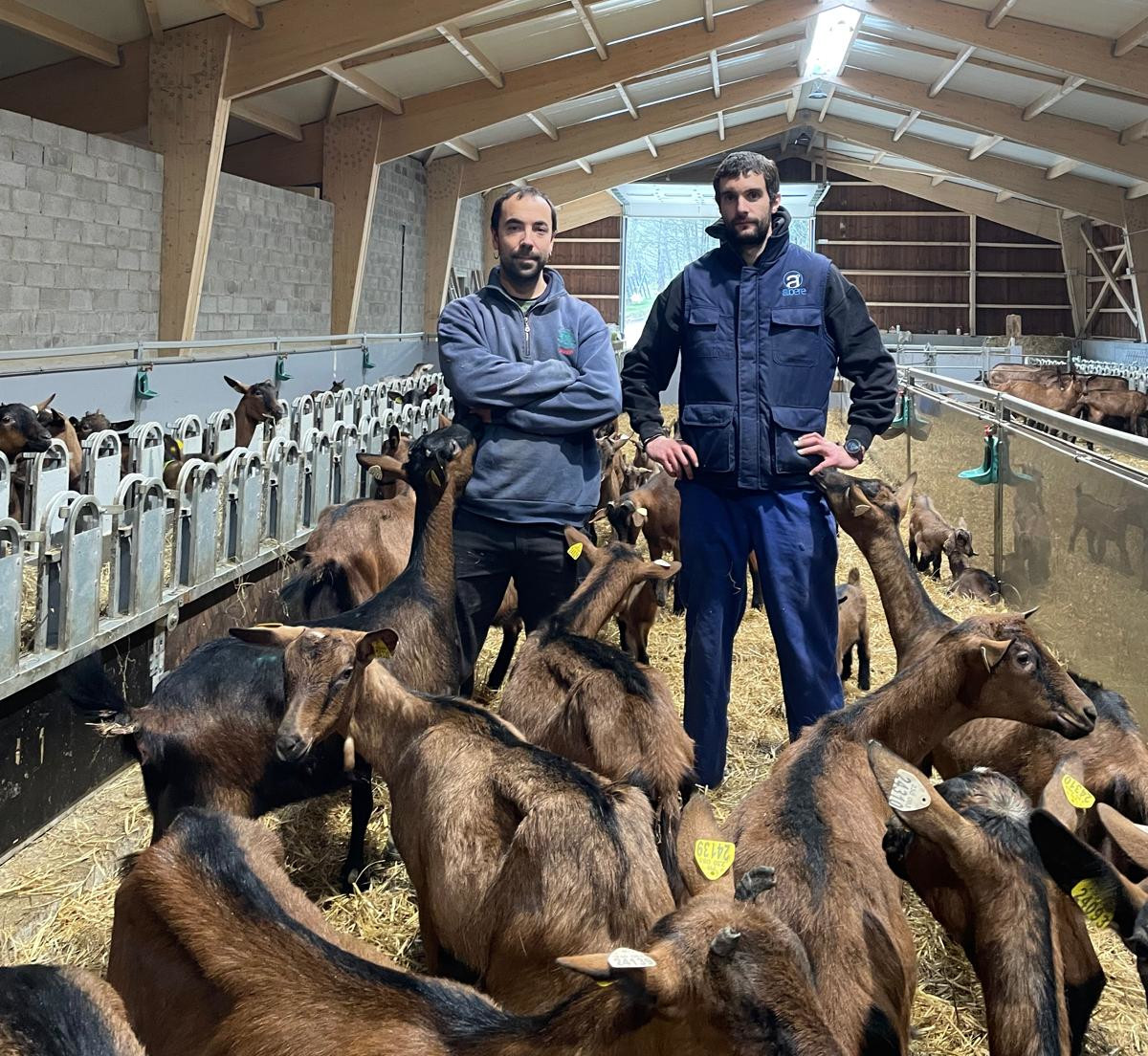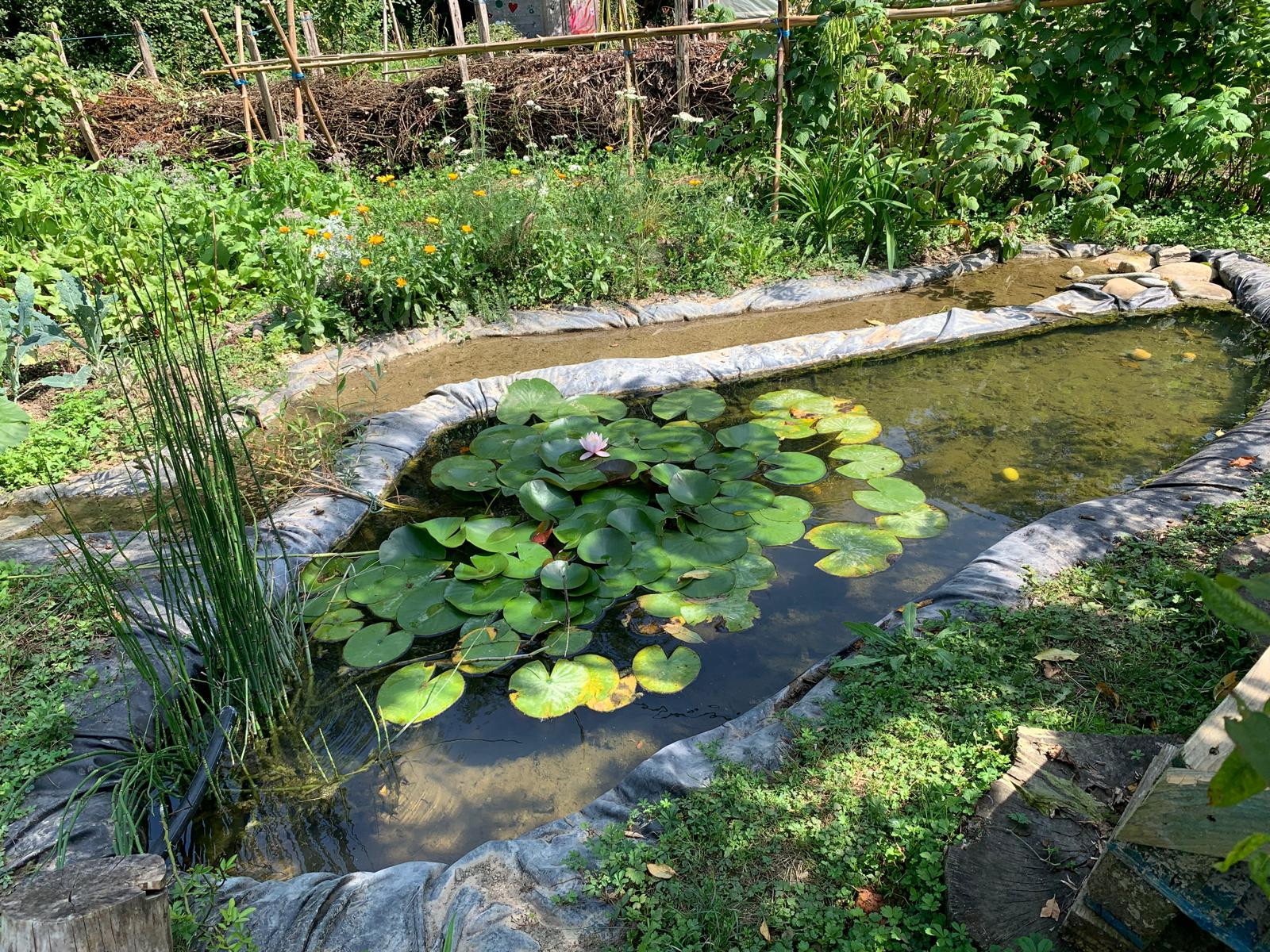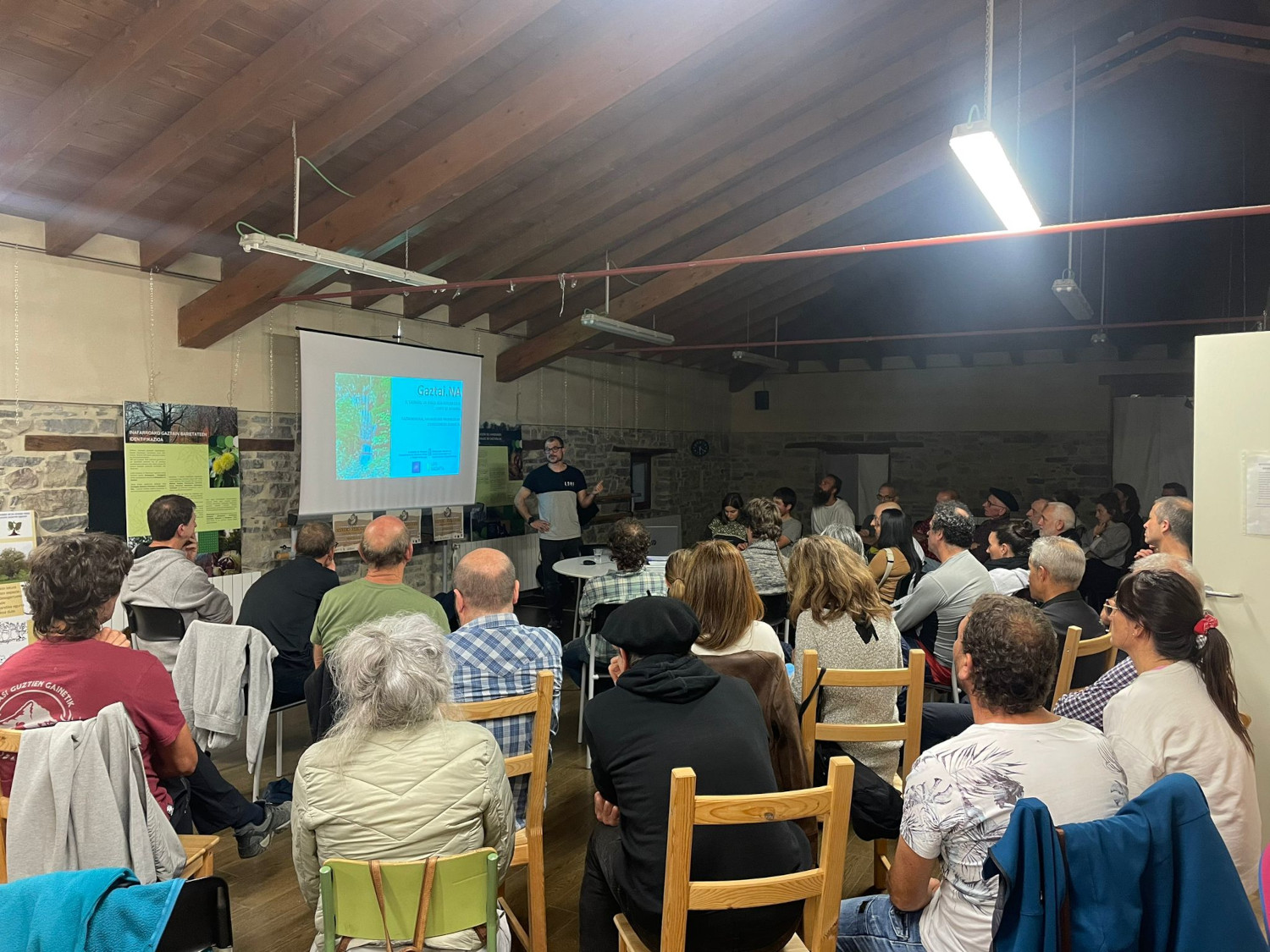“Cosmetics are also increasingly geared to the origin of products”
- An Orendain family lies behind Izpiliku’s natural cosmetics. Despite its recent official incorporation into the activity, the root of the project places the members of Naiara Lizarribar Garmendia about seven years ago: “The mother has had many skin problems, and even though she was walking from one dermatologist to another, she could not solve them. So he started making soaps for him, from that need.” From the outset, Lizarribar has closely followed her mother’s activity, and from the point of view and learning, cosmetics has eventually become a project of both. “This is a family project in which my mother and sister are, although I am now in front of me,” he adds.

In these years, they have begun to expand what was originally home production and have made it an important activity. “Even if it’s done for home, more and more people were asking us for soaps and more and more people had been asking,” he explains. The sale of their products originally raised doubts, since it was not an intention, but in view of the demand and the existing interest, they decided to take a step more recently: “Although I still have another job, over time we intend to live from this, that is my mother’s dream and also mine.”
The process of making soaps and shampoos is carried out in an artisanal way. However, a small worker and a place to dry the products have recently been prepared. “Soap takes 40 days to dry. Shampoos dry from day to day, it’s an easier process.”
Caring for the body and the environment
In Izpiliku cosmetics they work with natural products and try to get the ingredients they use to make soaps and shampoos. “We have a garden at home, and my mother has known the world of herbs for a long time: calendulum, lavender… as far as possible we use homemade plants making oilseeds,” says Lizarribar. They also have to do with small shops nearby that buy oils in the Abaltzisketa store in exchange for soaps and shampoos. “We also have a lot to do with those of the Balerdipe Bees project, which we take wax, honey, pollen, etc., which also sell our stuff.”
To prevent the use of plastic, Izpiliku members decided to manufacture all cosmetic products in solid form: “There seems to be more and more, but when I did a market study, I went to look for a solid shampoo in San Sebastian, and it was very difficult to find it.” Compared to the food awareness that is taking place, Lizarribar sees a step back in the cosmetics world, but observes that little by little changes are taking place in it: “There are more and more problems with the skin, and I would say that there is also a need and an awareness there.”
Ubidekoak (Bizkaia) dira Imanol Iturriotz eta Aritz Bengoa gazteak. “Lagunak gara txikitatik, eta beti izan dugu buruan abeltzaintza proiektu bat martxan jartzeko ideia”, azaldu du Iturriotzek. Nekazaritzari lotutako ikasketak izan ez arren, baserri munduarekin eta... [+]
Iruñean bizi ziren Iñaki Zoko Lamarka eta Andoni Arizkuren Eseberri gazteak, baina familiaren herriarekin, Otsagabiarekin, lotura estua zuten biek betidanik. “Lehen, asteburuetan eta udan etortzen ginen eta duela urte batzuk bizitzera etorri ginen”, dio... [+]
Gipuzkoako hamaika txokotatik gerturatutako hamarka lagun elkartu ziren otsailaren 23an Amillubiko lehen auzo(p)lanera. Biolur elkarteak bultzatutako proiektu kolektiboa da Amillubi, agroekologian sakontzeko eta Gipuzkoako etorkizuneko elikadura erronkei heltzeko asmoz Zestoako... [+]
Emakume bakoitzaren errelatotik abiatuta, lurrari eta elikadurari buruzko jakituria kolektibizatu eta sukaldeko iruditegia irauli nahi ditu Ziminttere proiektuak, mahai baten bueltan, sukaldean bertan eta elikagaiak eskutan darabiltzaten bitartean.





















